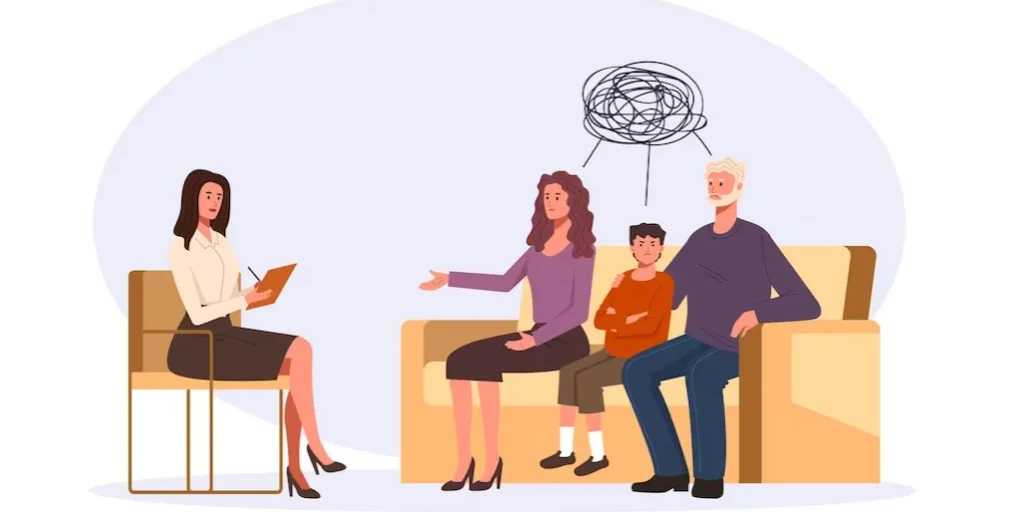24/7 Helpline:
(866) 899-221924/7 Helpline:
(866) 899-2219
Learn more about Depression Treatment centers in Addy
Depression Treatment in Other Cities

Other Insurance Options

Choice Care Network

Coventry Health Care

WellCare Health Plans

Horizon Healthcare Service

Optum

Excellus

Sutter

GEHA

Group Health Incorporated

Health Choice

Oxford

Absolute Total Care

EmblemHealth

Health Net

Aetna

CareFirst

Humana

MVP Healthcare

Amerigroup

Self-pay options










NorthEast Washington Alliance Counseling Services
NorthEast Washington Alliance Counseling Services - Hawthorne Avenue is a diagnostic and treatment c...





















































































































































































































Crisis Intervention Counseling
Crisis Intervention Counseling is a private rehab located in Colville, Washington. Crisis Interventi...

AA – Alcoholics Anonymous
AA – Alcoholics Anonymous is a non-profit rehab located in Colville, Washington. AA – Alcoholics Ano...

Spokane Tribe Behavior Health Agency
Spokane Tribe Behavior Health Agency is a public rehab located in Wellpinit, Washington. Spokane Tri...

Northeast Washington Counseling Service
Northeast Washington Counseling Service is a public rehab located in Chewelah, Washington. Northeast...






























































